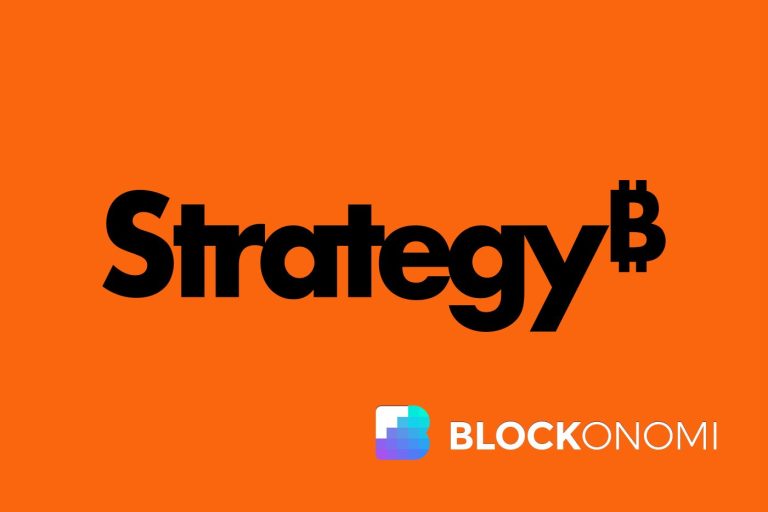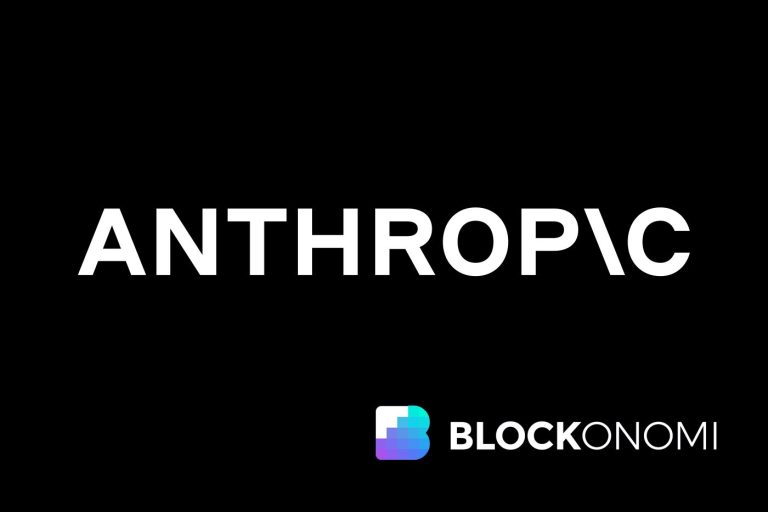
Unlocking the Power of Curiosity

The Science Behind Curiosity and Learning
Curiosity isn’t just a whimsical trait; it’s a fundamental part of how our brains are wired to interact with the world and constantly learn from it. By embracing our innate curiosity, we can enhance our ability to absorb and retain information. This natural inquisitiveness has been linked to improved learning outcomes in both academic and real-world settings.
How Curiosity Fuels Creativity
When we allow ourselves to explore new ideas and challenge existing ones, curiosity acts as a catalyst for creativity. It pushes the boundaries of what is known and provides a fertile ground for innovation and problem-solving. Embracing the unknown and approaching problems with a fresh perspective can lead to breakthroughs in various fields.
Curiosity in Action: Real World Examples
From tech innovators to artists, those who have harnessed the power of curiosity have often led the charge in breaking new ground. Consider how curiosity-driven inquiries have led to significant advancements in technology and medicine. These examples not only illustrate the power of curiosity but also inspire us to apply it in our daily lives to unlock potential we never knew we had.
Cultivating Curiosity in Everyday Life

Simple Practices to Stay Curious
Incorporating curiosity into your daily routine can be transformative. Start by asking more questions in your everyday interactions and actively seeking out new experiences. Embrace the unfamiliar and challenge yourself to learn something new every day, whether it’s a word, a fact, or a skill. This proactive approach can significantly enrich your life and expand your worldview.
Overcoming Barriers to Curiosity
Curiosity often meets barriers such as fear, routine, and self-doubt. Recognizing these obstacles is the first step towards overcoming them. Adopt a mindset that views challenges as opportunities to learn and grow. Remember, every expert was once a beginner. Embrace the discomfort that comes with exploring the unknown, as it is often where the most rewarding discoveries are made.
The Role of Curiosity in Personal Growth
Curiosity is not just about acquiring knowledge; it’s about personal transformation. It drives us to continuously improve and adapt, which is essential in today’s ever-changing world. By fostering curiosity, you are not only learning, but also actively participating in your own development. This ongoing process is crucial for both personal satisfaction and professional success.
Curiosity as a Catalyst for Innovation

Innovative Minds: How Curiosity Drives Breakthroughs
Curiosity isn’t just a trait; it’s a transformative force. Innovative minds often start with a simple ‘what if?’ that leads to groundbreaking discoveries. This relentless pursuit of knowledge can be seen in the tech industry, where curiosity has birthed innovations like smartphones and AI.
Curiosity in the Workplace
Incorporating curiosity into the workplace can significantly enhance problem-solving and adaptability. Companies that encourage their employees to question and explore tend to lead in innovation and efficiency. A culture of curiosity creates a thriving environment where ideas flourish.
Encouraging Curiosity in Teams
To foster an innovative team, start by promoting an atmosphere where questions are welcomed and exploration is encouraged. Here are a few strategies:
- Encourage team members to pursue their interests within projects.
- Hold regular brainstorming sessions.
- Create ‘innovation labs’ where employees can experiment with new ideas.
By nurturing curiosity, teams can transform everyday challenges into opportunities for innovation.
Learning from Curious Minds

Inspirational Stories of Curious Achievers
The journeys of those who have let their curiosity lead the way are nothing short of inspirational. These stories not only motivate us but also illuminate the paths that curiosity can carve out in the pursuit of knowledge and innovation. Curiosity is not just a trait but a compass that guides the curious minds through the uncharted territories of their respective fields.
Lessons from History’s Great Innovators
History is replete with innovators who harnessed their curiosity to break new ground. From Leonardo da Vinci to Marie Curie, their relentless pursuit of knowledge changed the world. This section explores how their curiosity was not merely incidental but central to their groundbreaking achievements.
How to Emulate the Curiosity of Successful People
To cultivate a curiosity akin to that of history’s great minds, start by embracing a growth mindset. This involves facing challenges, learning from failures, and continuously seeking new experiences. Here are a few steps to help you on this journey:
- Ask questions relentlessly
- Dive deep into topics that interest you
- Surround yourself with other curious individuals
- Never fear the unknown
Embrace curiosity as your guide and watch as it opens new doors to personal and professional growth.
Conclusion
In conclusion, curiosity is not just a trait but a powerful tool that propels us towards greater knowledge and innovation. It encourages us to question the status quo, explore new ideas, and seek out new solutions. By fostering a curious mindset, we open ourselves up to endless possibilities and opportunities for growth. Whether in personal development or professional endeavors, curiosity helps us navigate the complex world with a fresh perspective and a robust appetite for learning. So, let your curiosity lead the way and watch as it transforms the ordinary into the extraordinary.






